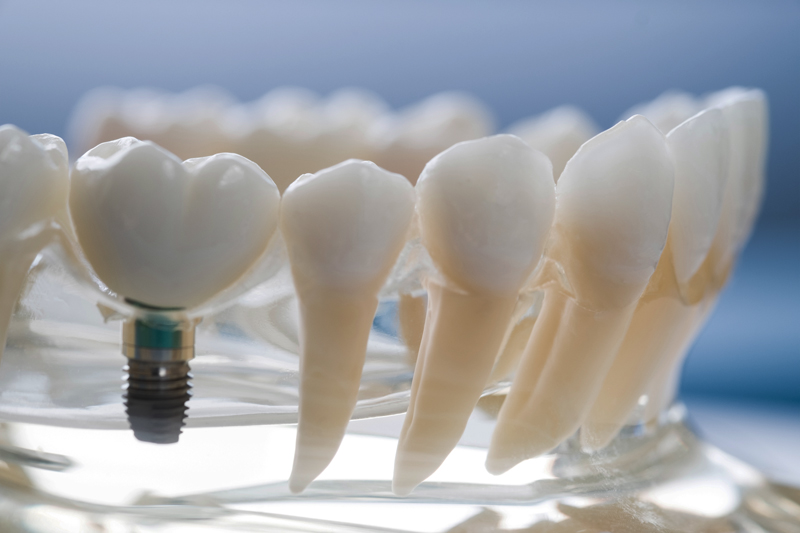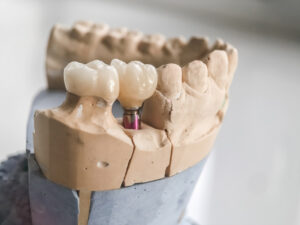The dental implants in Oakdale, PA are a popular and effective long-term solution for people who suffer from missing teeth or failing. Dental implants are essentially artificial teeth, which are used as a replacement for the root part of natural teeth. They provide a strong foundation for a fixed prosthesis which is designed to blend in with the patient’s natural teeth.
While most dental implants are successfully placed, some dental implant placements cause people to develop peri-implantitis. Continue reading to learn in more detail how people will know if they have peri-implantitis following their dental implant placement procedure.
Ways To Know You Have Peri-Implantitis After Your Dental Implants In Oakdale, PA Are Placed
Recognizing the signs of peri-implantitis after dental implant placement is crucial for early intervention and effective treatment.
Redness And Swelling:
Initial symptoms of peri-implantitis after dental implant placement may include redness, swelling, or tenderness around the dental implant area. This might be accompanied by minor discomfort.
Bleeding:
When people notice they are bleeding when they are brushing or flossing around their dental implant, this could be a sign of peri-implantitis.
Pus:
The presence of pus or other signs of infection around the dental implant is a strong indicator of a gum disease treatment.
Loose Dental Implant:
If the dental implant feels loose or if it moves, it could be a sign that the dental implant is not integrating well with the patients jawbone due to peri-implantitis.
Bad Breath Or Taste:
Chronic bad breath or a persistent bad taste in the mouth could indicate a bacterial infection associated with peri-implantitis.
Jawbone Density Loss:
A loss in jawbone density surrounding the dental implant is a clear indication of peri-implantitis.
When people notice any of these symptoms after their dental implants have been placed, it’s important to get it treated immediately. Early detection of peri-implantitis can help mitigate its effects and increase the chance of the dental implant being saved.
Come To Our Office So We Can Determine If You Have Peri-Implantitis After Your Dental Implant Procedure
Interested in learning if you have peri-implantitis after getting your dental implants in Oakdale, PA? Then you have come to the right place. Our skilled and knowledgeable office can determine if you have peri-implantitis.
Don’t hesitate on coming to our state-of-the-art office. Get in contact with our doctors, s, Dr. TJ Ameredes and Dr. David Mascio and our exceptional team at our office by Oakdale, PA to schedule your consultation!




